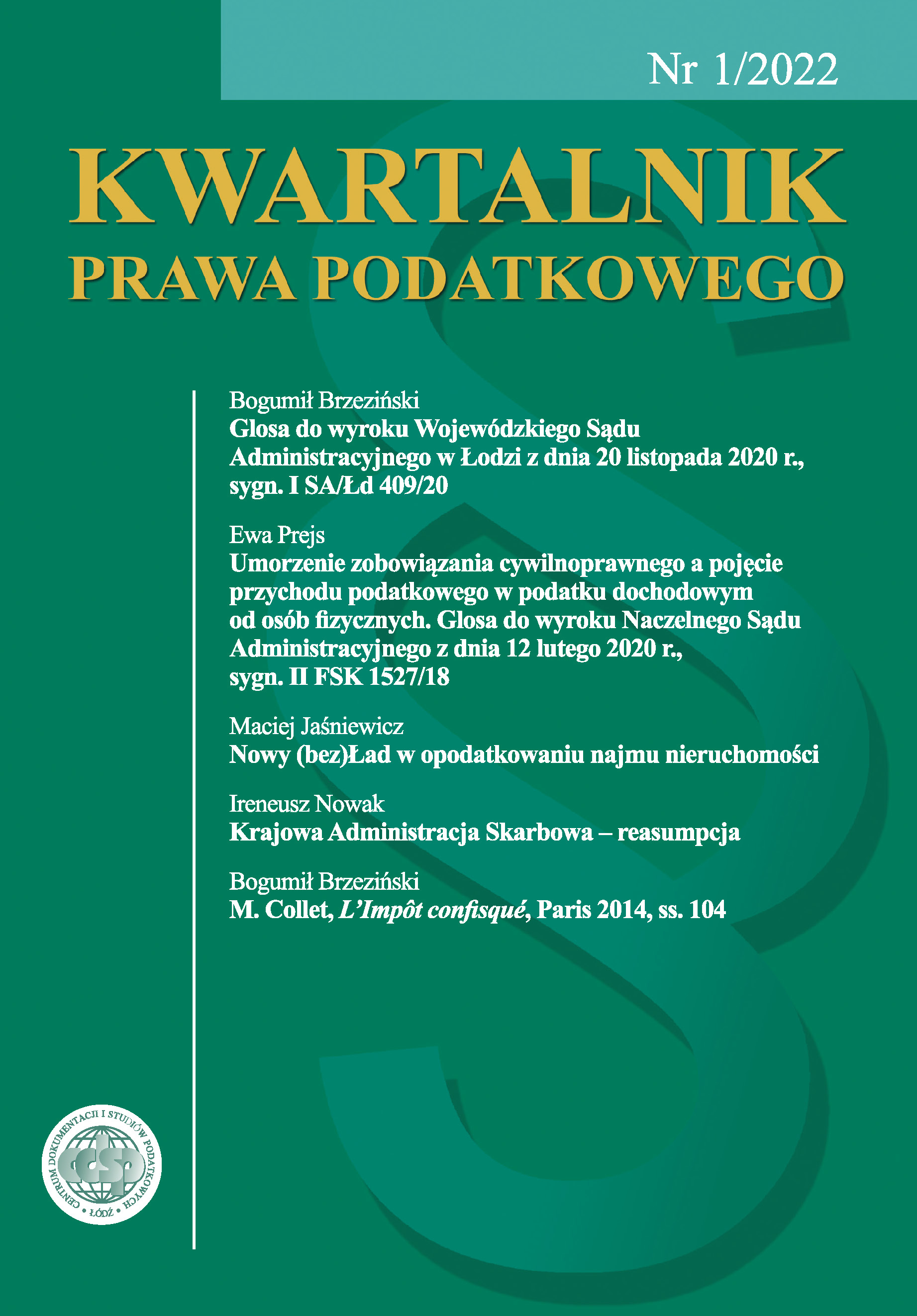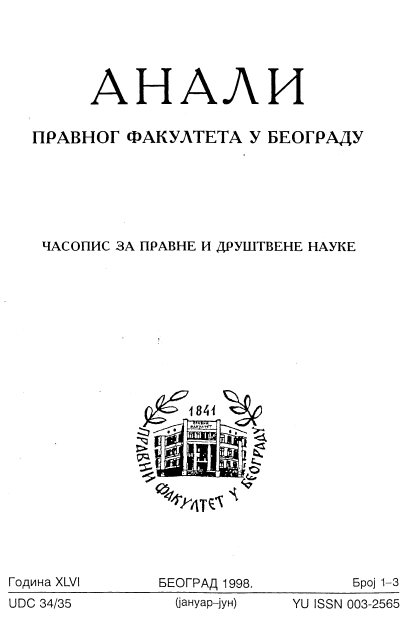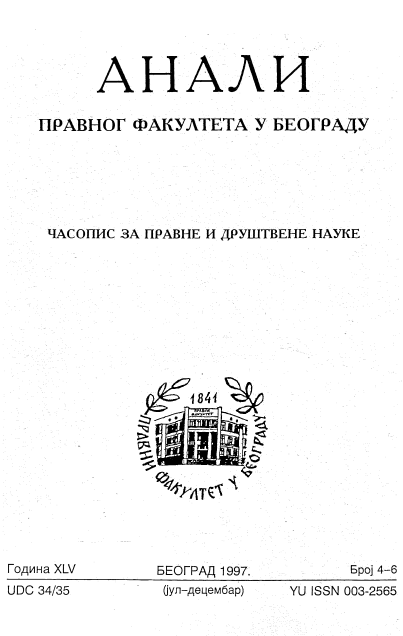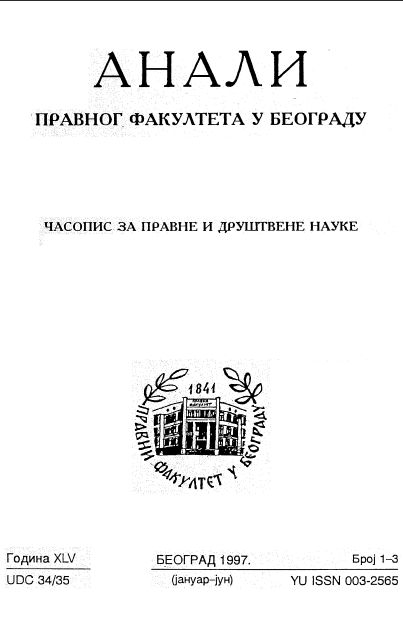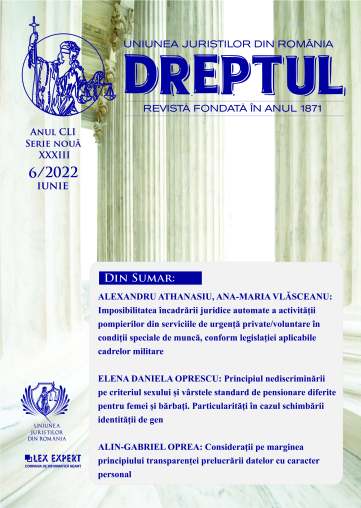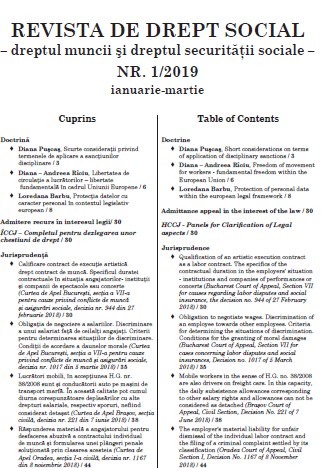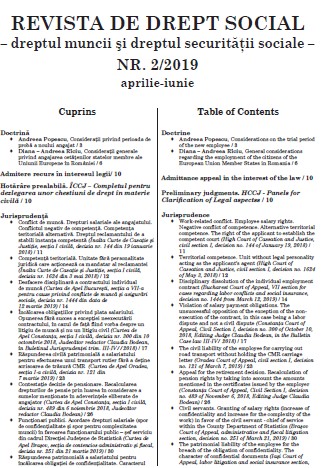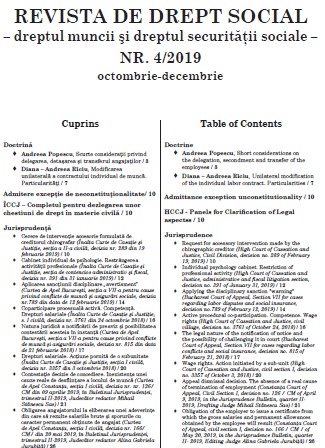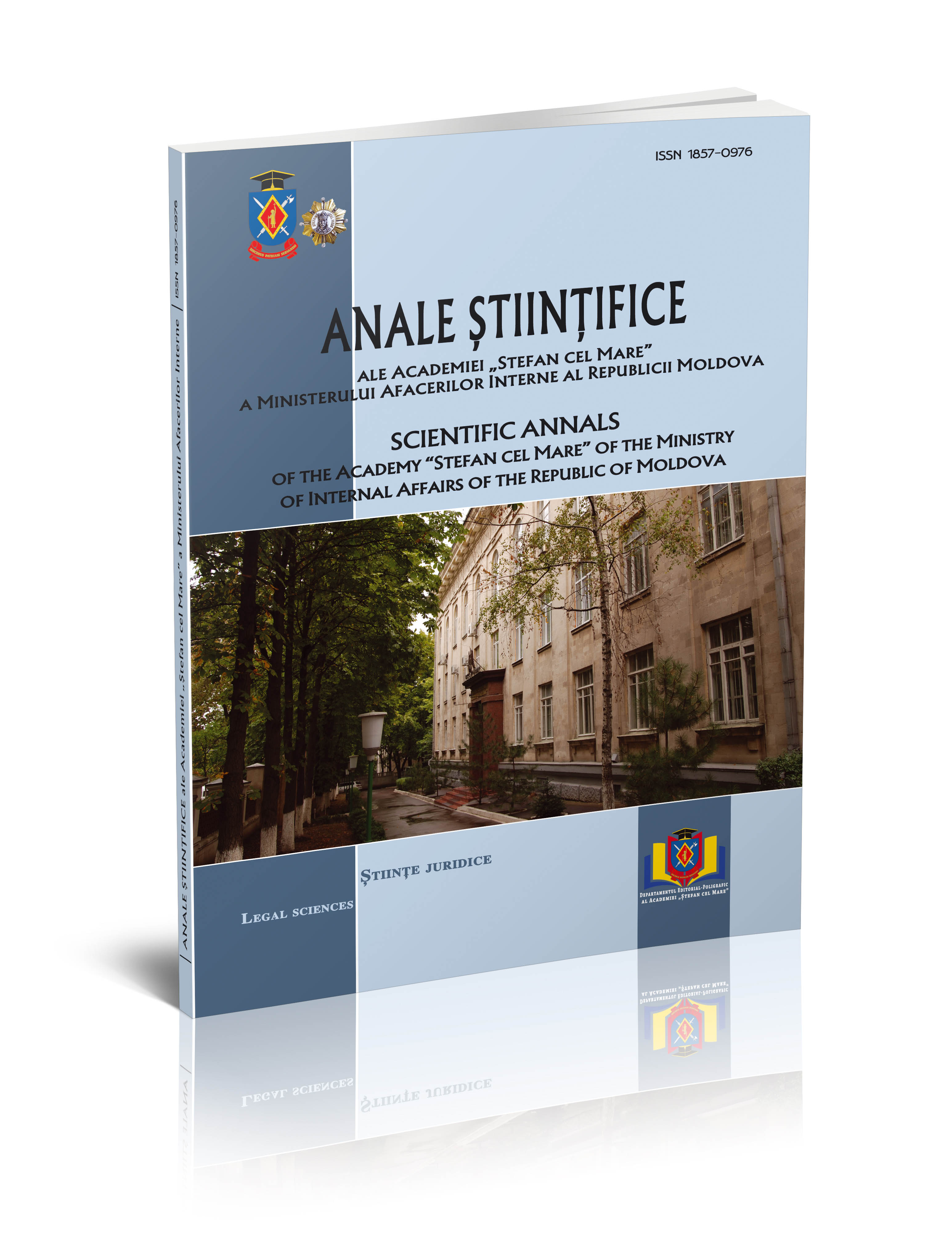
Aspecte criminalistice ale aplicării tehnicii Reid la audierea persoanelor
The scientific article is dedicated to the study and analysis of the theory of application in forensics, at the stage of interviewing / interrogating, the Reid techinque. The Reid technique is a widely recognized method of interviewing those who are involved in a criminal investigation in the United States to exonerate the innocent and identify the culprit.
More...
